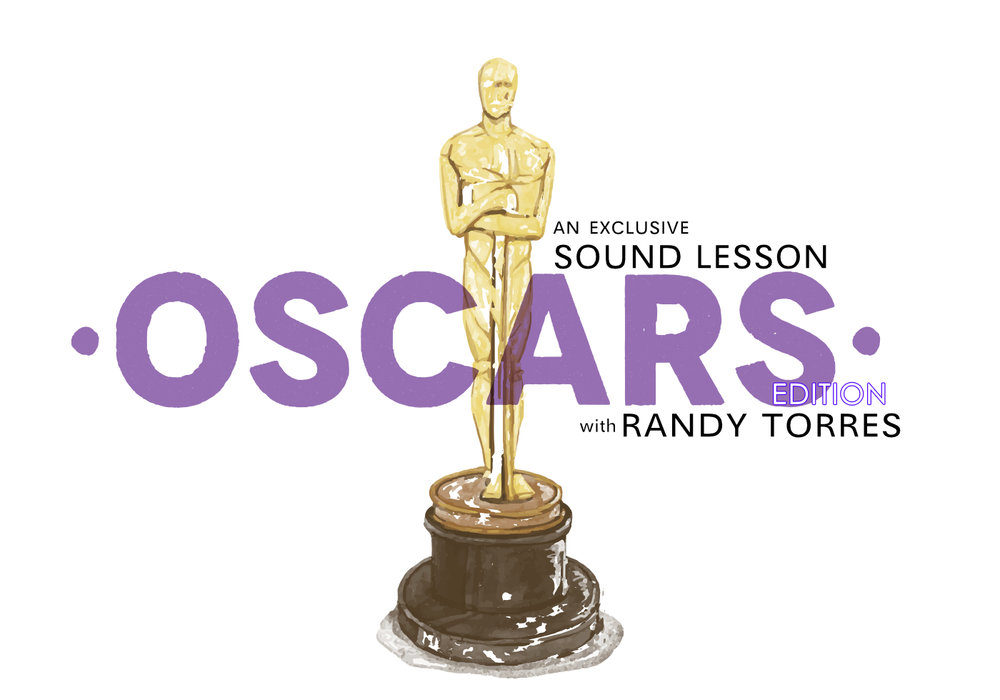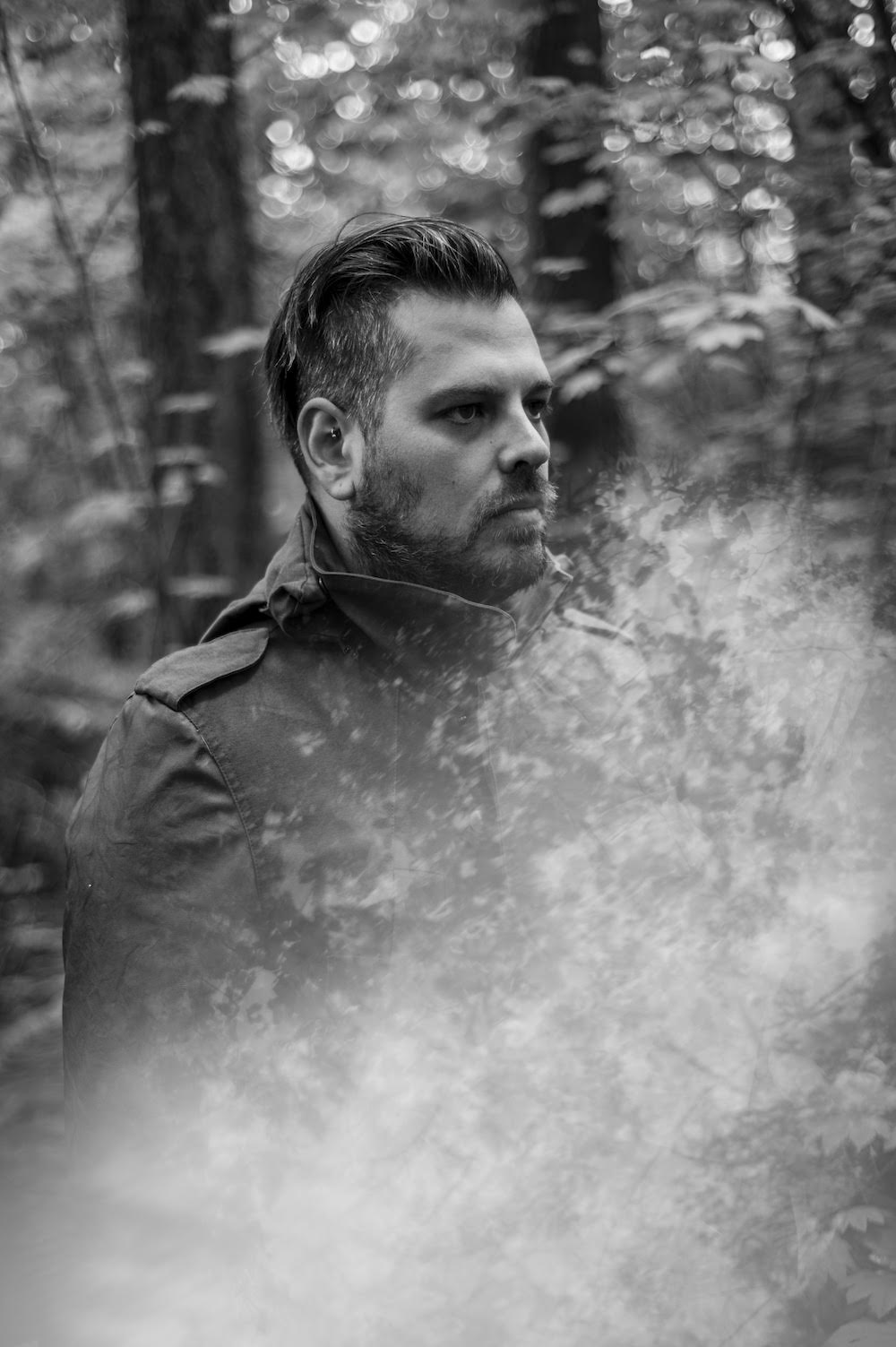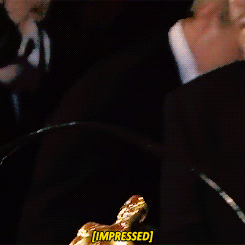
The sound & music production industry is a big maze of possibilities. At Marmoset, we’re no stranger to this, our own services digging daily into original scoring, music supervising, sound editing, and beyond. But unless you’re a filmmaker, a professional musician, or dabble in advertisement, these types of categories might not trigger a light-bulb or feel essential when making your own music. Nonetheless, like the nature of any industry, skills in one area can carry over into another role, setting you apart from your big competitors.
We’re not saying to go ahead and master special effects editing if you want to excel at composing, but it doesn’t hurt to understand how your team contributes to the big picture of sound — this isn’t a PSA “The More You Know” campaign, but here you go.
Since our friends in sunny Los Angeles are gearing up for the Oscars this month, we’re dedicating the next three posts to dissect what it takes to create cohesive, accolade-deserving sound and music. And what better way to get the scoop than branching out to Marmoset’s off-site collaborators, with their Swiss Army knives of TV & film expertise/knowledge.

Sound Editor & Designer, Randy Torres
Randy Torres is a vastly experienced Sound Effects Editor and Sound Designer whose IMDb page is explosive with cool projects. We knew Torres would have more than a few interesting thoughts to share on this year’s Oscar Sound Editing category and nominations — along with sharing his own story as a professional Sound Effects Editor.
One of artist’s recent, bigger productions was this year’s widely nominated Dunkirk, nominated for Original Score, Best Sound Editing, and Best Sound Mixing (along with a slew of other impressive categories: oh hello, Best Picture). With great insight into the intricacies of sound production, Torres guides us through some important elements to note when designing and editing the soundscape for a project as prestigious as Dunkirk.
Marmoset: It seemed that one of the biggest challenges with securing sound was the environment, to make the sound feel authentic, how does one begin to recreate that world in post-production?
Randy Torres: Most, if not all, the sound effects that you hear in the film were cut in after production. The only recordings that we used from the location is the dialog and rarely some production props.
Wind, noises, IMAX camera shutter, crew, modern environmental sounds (like jets, camera boats etc.) are really loud and hard to control — so most of the sound captured on set isn’t useable. We spend a lot of time doing our own recordings (on Dunkirk in particular) of the ocean, beaches, WW2 planes, old boats, ships, etc. That way, we have more control over how everything sounds and how it “plays” on screen.
My boss (Supervising Sound Editor, Richard King) spent the most time collaborating with the director. He then relayed the vision and ideas to us — the sound editors.
Sound editing can be so “behind the scenes,” audiences may not even know how how good sound editing can make or break a film. In your opinion, what does it take to be a great sound editor?
In order to be a great sound editor, I believe there comes a good sense of taste. When you are “cutting” a scene with a bunch of doors, cars and backgrounds, you have quite a few options to choose from. All these recordings, while sometimes are recorded for that specific film, were mostly done at a different time and in a different space for a different project.
Being able to sift through literally thousands and thousands of recordings to find that one door or one wave crash that you feel is interesting, exciting and fits the space and scene, can be a real challenge. Also, being open to feedback and criticism is really important.
How did you find your niche in the film industry? When did you realize you had a talent and ear for mastering sound?
My background was in writing music, along with touring and studio engineering. That evolved into writing music for commercials and film trailers. After many, many years of being on that side of the music industry, I started looking for other opportunities (non-musical) where I could transfer over my background of “audio technical know-how.”
From there, a great opportunity came along to do post audio and sound design for corporate web videos, which turned into work on commercials, which then turned into audio post on reality television, then film. Most if not all sound editors have different career trajectories but most of them have a background in music. You just try to capitalize on the opportunities and hope they turn into other jobs.
How do you pick your projects? Do you envision how you can contribute to the project from reading the script or do you prefer to wait until the picture is locked to decide if you’ll contribute to the project? Just curious if you gravitate toward specific genres or projects over another.
Most of the films I’m hired on are because the supervising sound editor have been hired by the Studio, Director, Producer, post production supervisor, picture editor, etc.
Richard King for example has done most of Christopher Nolan’s films (Dark Knight, Inception, Interstellar). The sound effects, dialog, sound design, Foley and mixing are done by a handful of different people who Richard has used through the years.
With that said, the supervisors are the ones who will read the script, discuss vision and ideas with the director — then those ideas and tasks are divided out to the crew. I hope at some point I can evolve into a more supervisory role but for now I am thankful and happy to be editing for a handful of incredible supervisors.
Who’s your prediction for taking home the award for Best Sound Editing?
Well, I hope that Dunkirk takes home Best Sound Editing (*wink*). My second choice would be Blade Runner.
Stay tuned for the next chapter in our Sound Lessons series (Oscars Edition) next week, as we continue to dissect sound editing, original scores, and sound design. In the interim, we’ll be crossing our fingers for the talented sound design team behind Dunkirk. And a big thanks to the supremely talented Randy Torres for weighing in — we have a suspicion Leo would be impressed.

